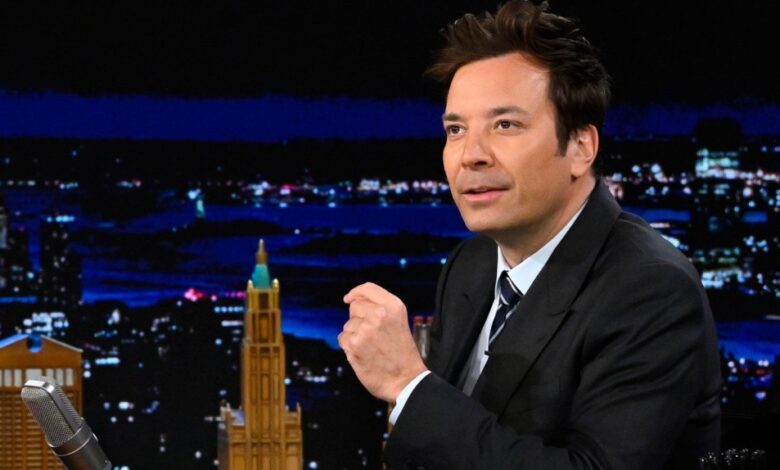Late night host Jimmy Fallon apologizes over workplace allegations

Jimmy Fallon has apologized to his colleagues over allegations outlined in a Rolling Stone story published Thursday about a difficult work environment at “The Tonight Show Starring Jimmy Fallon,” CNN has learned.
During a Zoom call with staff of “The Tonight Show” held after the story published, Fallon reportedly said he did not intend to “create that type of atmosphere for the show,” according to a follow-up story by Rolling Stone, citing unnamed employees who were on the call.
CNN has reached out to representatives for Fallon.
An NBC representative referred CNN to the network’s statement printed in Rolling Stone’s original report.
“It’s embarrassing and I feel so bad,” the employees claim Fallon said, according to the Rolling Stone article.
“Sorry if I embarrassed you and your family and friends… I feel so bad I can’t even tell you,” the article quotes Fallon.
“I want the show to be fun, [it] should be inclusive to everybody,” Fallon also reportedly said. “It should be the best show.”
In the original story, 16 current and former employees described a difficult work environment at “The Tonight Show” that in some cases they say was detrimental to their mental health. The individuals were not identified by name in the story, citing fear of professional repercussions. CNN has not independently verified their claims.
Fallon and the “Tonight Show” did not provide comment for the first story, but a statement from NBC was included in the report.
“We are incredibly proud of The Tonight Show, and providing a respectful working environment is a top priority,” NBC’s statement read. “As in any workplace, we have had employees raise issues; those have been investigated and action has been taken where appropriate. As is always the case, we encourage employees who feel they have experienced or observed behaviour inconsistent with our policies to report their concerns so that we may address them accordingly.”
In 2020, Fallon came under fire for a resurfaced clip from a “Saturday Night Live” sketch where he performed an impersonation of Chris Rock in which he appeared in blackface.
Fallon issued an apology after the clip of the sketch, which originally aired on “SNL” in 2000, resurfaced on social media and prompted criticism.
In recent weeks, Fallon has appeared on the “Strike Force Five” podcast with fellow late-night hosts John Oliver, Stephen Colbert, Jimmy Kimmel and Seth Meyers while their shows are dark amid the ongoing writers’ strike. The proceeds generated by the podcast will go to out-of-work staff from the hosts’ respective shows, they said.




